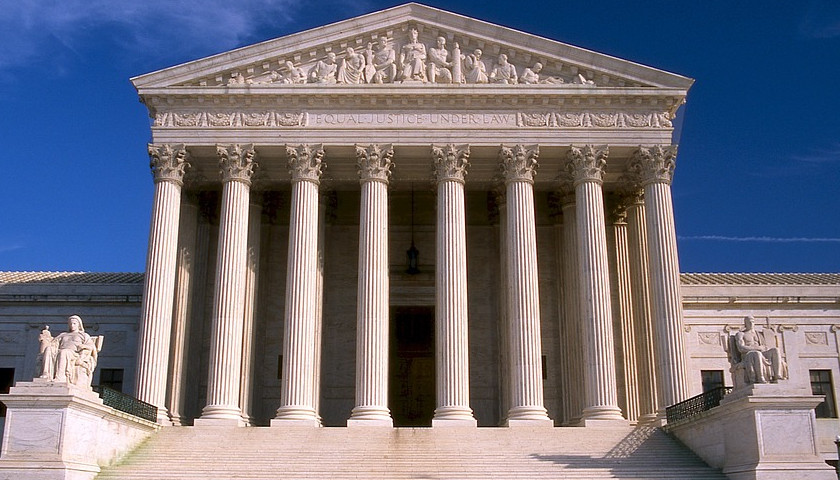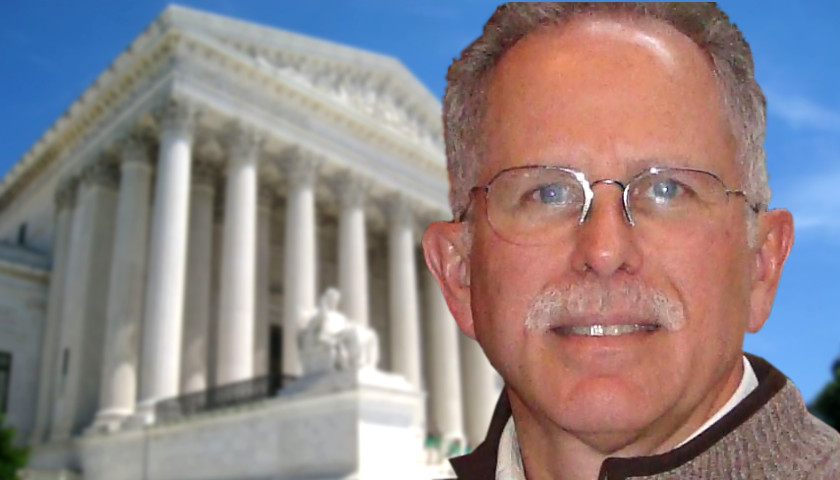A group of custodians at Kent State University are suing their employer and its union representatives, who have continued to illegally deduct dues from their paychecks after they resigned their membership. The custodians, Annamarie Hannay, Adda Gape, and John Kohl, are being assisted in their legal challenge by The Buckeye Institute and the Liberty Justice Center, which represented Mark Janus in the landmark U.S. Supreme Court ruling of Janus v. AFSCME. In that case, the Supreme Court ruled that it was unconstitutional for government employers to withhold union dues from employees without their “affirmative consent.” As a result of that ruling, Hannay, Gape, and Kohl resigned their union membership and asked the university to stop deducting dues from their paychecks. The union, which happens to be the American Federation of State, County, and Municipal Employees (AFSCME), said in response that members can only opt-out of union membership “once per year during a 15-day window preceding the anniversary of their signature on a union card,” according to the lawsuit. The plaintiffs allege that AFSCME refused to honor their resignations outside of “arbitrary opt-out periods.” “AFSCME is putting money before workers. The union is violating workers’ constitutional rights by denying their resignations…
Read the full story








